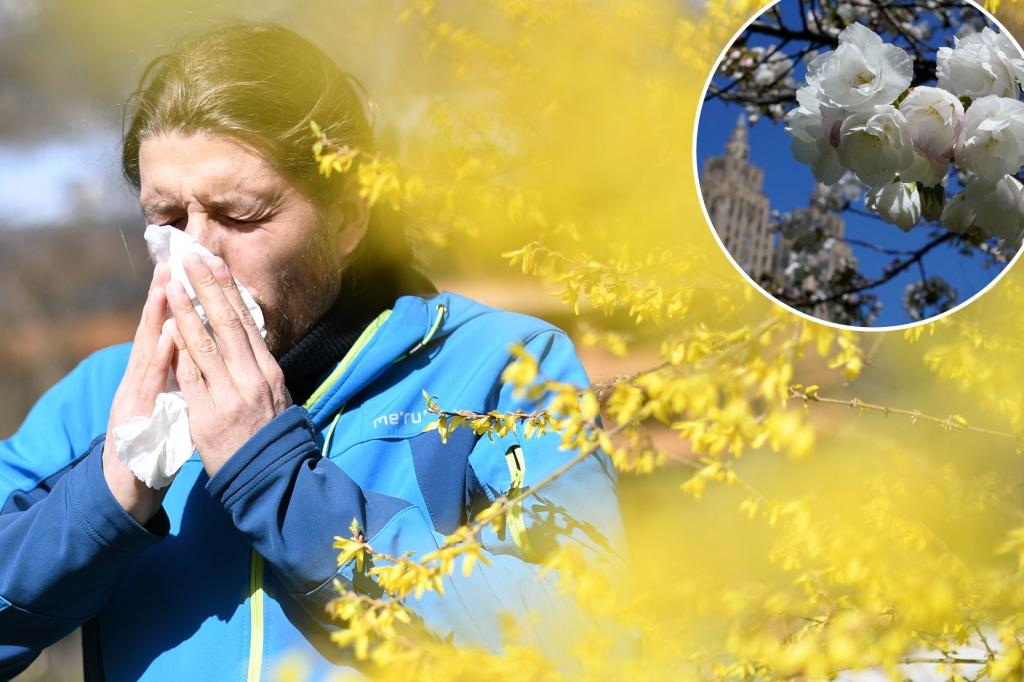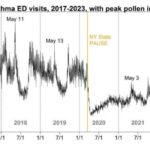
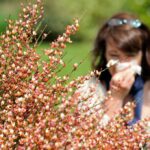
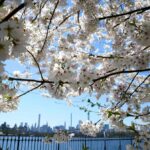
You must be the pollen of our legs.
Allergy season is in full swing — and it could send New Yorkers to the emergency room, according to a new bulletin from the New York City Department of Health and Mental Hygiene for medical professionals.
The advisory warned that this upcoming pollen season would worsen symptoms in anyone allergic to tree pollen, causing asthma attacks and allergic rhinoconjunctivitis. The latter involves those pesky symptoms we all know and love – a runny nose, itchy eyes, and congestion.
“Sales of over-the-counter allergy medications and emergency room (ED) visits for asthma (especially in
children) typically increase in April and May, coinciding with peak tree pollen concentrations,” the health agency warned.
According to department data, an average of about 260 New Yorkers visit the emergency room for their allergies each May. According to Gothamist, this is the month when the pollen is at its peak.
The May figure compares to the average 218 emergency room visits made in April due to allergies.
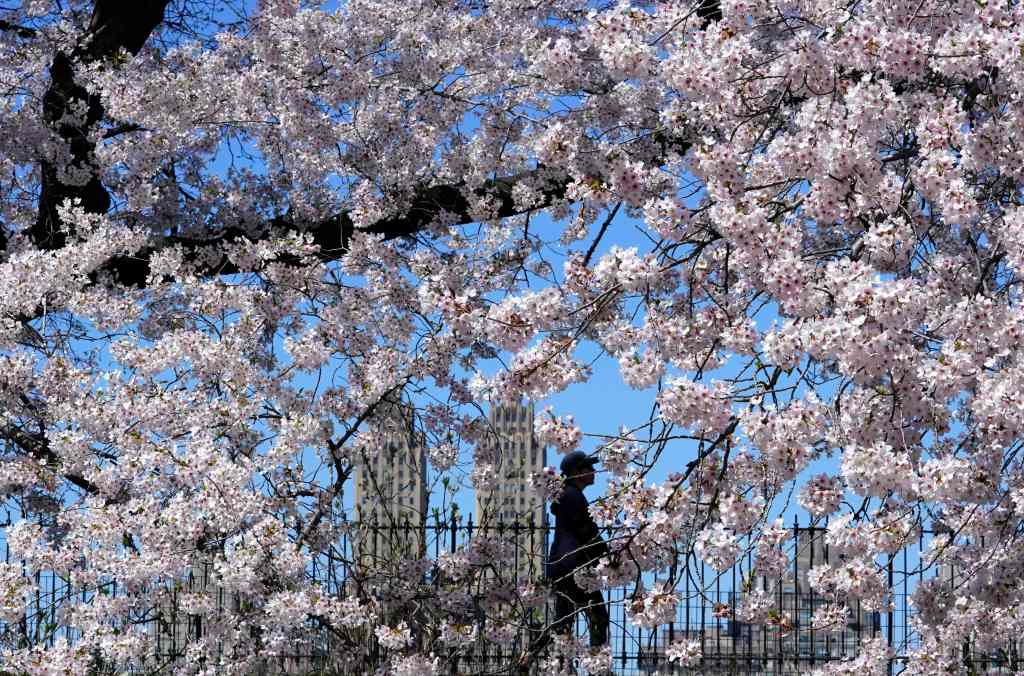
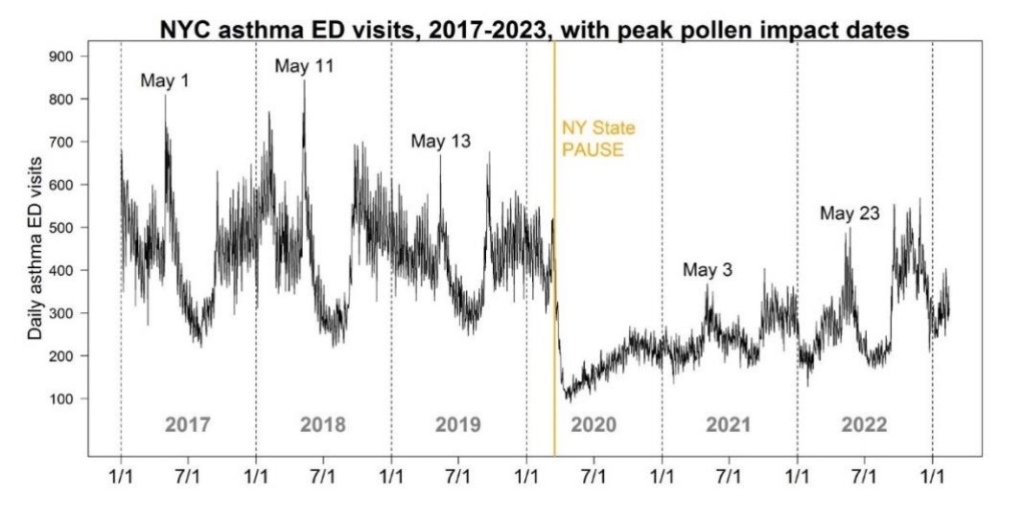
They also noted that allergy hospitalizations were lower in 2020 during the COVID-19 pandemic.
“If you’re prone to allergies, you develop an antibody called IGE against that particular allergen,” Mayo Clinic allergy and immunology expert Dr. Arveen Bhasin said in a “Mayo Clinic Minute” earlier this month. .
“When you are exposed to this allergen, it causes the release of histamine and these other mediators,” says Dr. Bhasin.
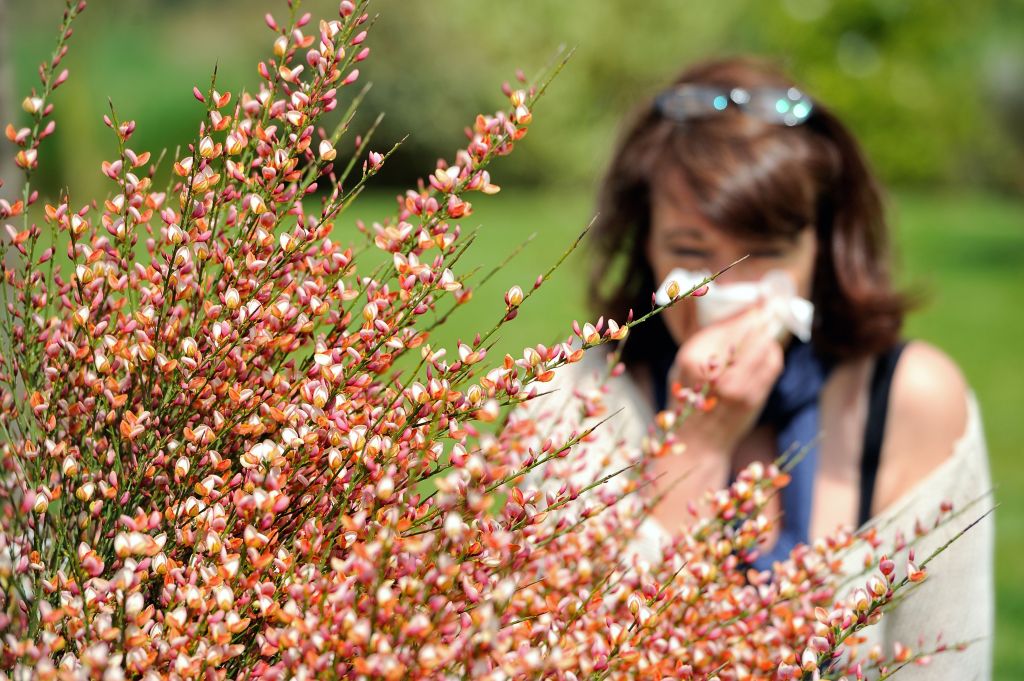
According to NBC4 Washington, one potential reason why allergy symptoms are even worse this year in cities like New York could be due to something called “botanical sexism.”
Horticulturist and author Tom Ogren, who coined the term, told the outlet that it’s easier to plant male trees instead of female trees in urban areas because they’re easier to maintain.
Female trees might be better for your allergies because they don’t produce pollen – but they’re messier because their seeds can leave more remains on the street, so they’ve been avoided.
According to the New York Bulletin, grass pollen often begins in late spring and peaks in summer.
Statements from the Ministry of Health also explained that the increase in emergency room visits is only lasting for a short time, around two to three weeks, but stressed that it was important to prepare in advance.
Some of the precautions they recommended to doctors were to tell patients that anti-allergy drugs should be taken before their symptoms even started.
“The first line treatment is what we call oral antihistamines which help with some of the itching, running and sneezing. And the nasal spray really helps focus on some of the stuffiness and runny nose” , Bhasin said.
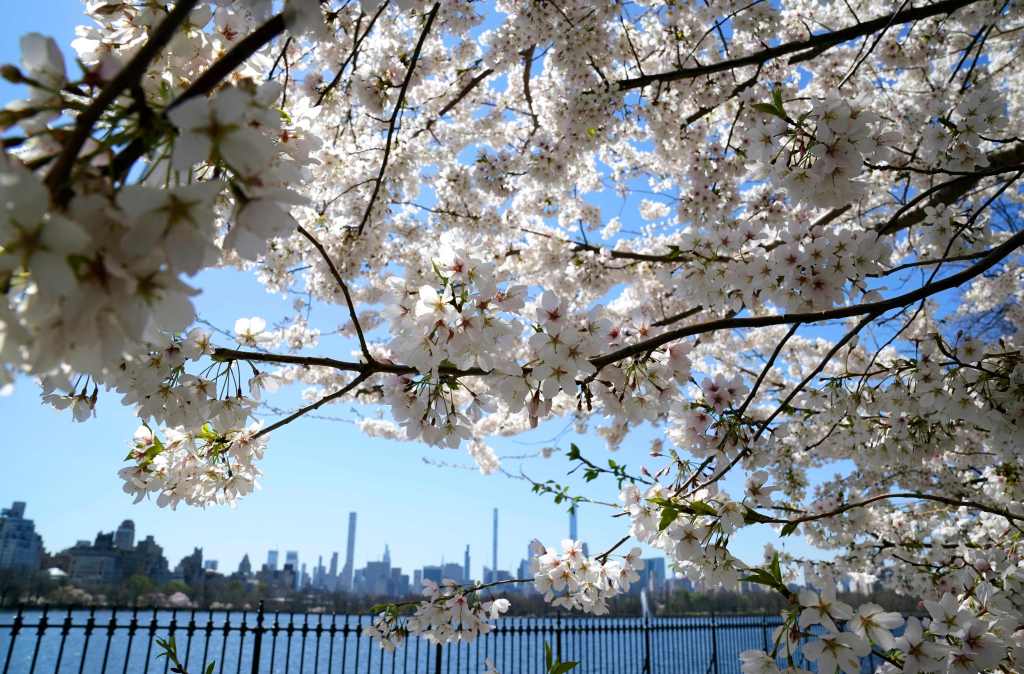
They also recommended allergy sufferers use a “simple nasal saline spray” to help relieve any congestion and use artificial tears to relieve sore or itchy eyes.
However, they noted that any product containing a vasoconstrictor – narrowing of blood vessels, such as Visine – should not be used for more than two or three days.
Public school children can get free albuterol or fluticasone, provided by the department; however, it can only be given with a prescription from a primary care physician.
Bhasin also noted that an allergist should be sought as a kind of last resort after trying all over-the-counter medications and environmental control measures, like keeping windows closed.
And you’re not alone in your allergy struggles – according to a recent survey, almost a third of people said they would take a pay cut to be allergy-free.
The poll also showed that about two in five people (39%) are not looking forward to spring and warmer weather because of their allergies.
